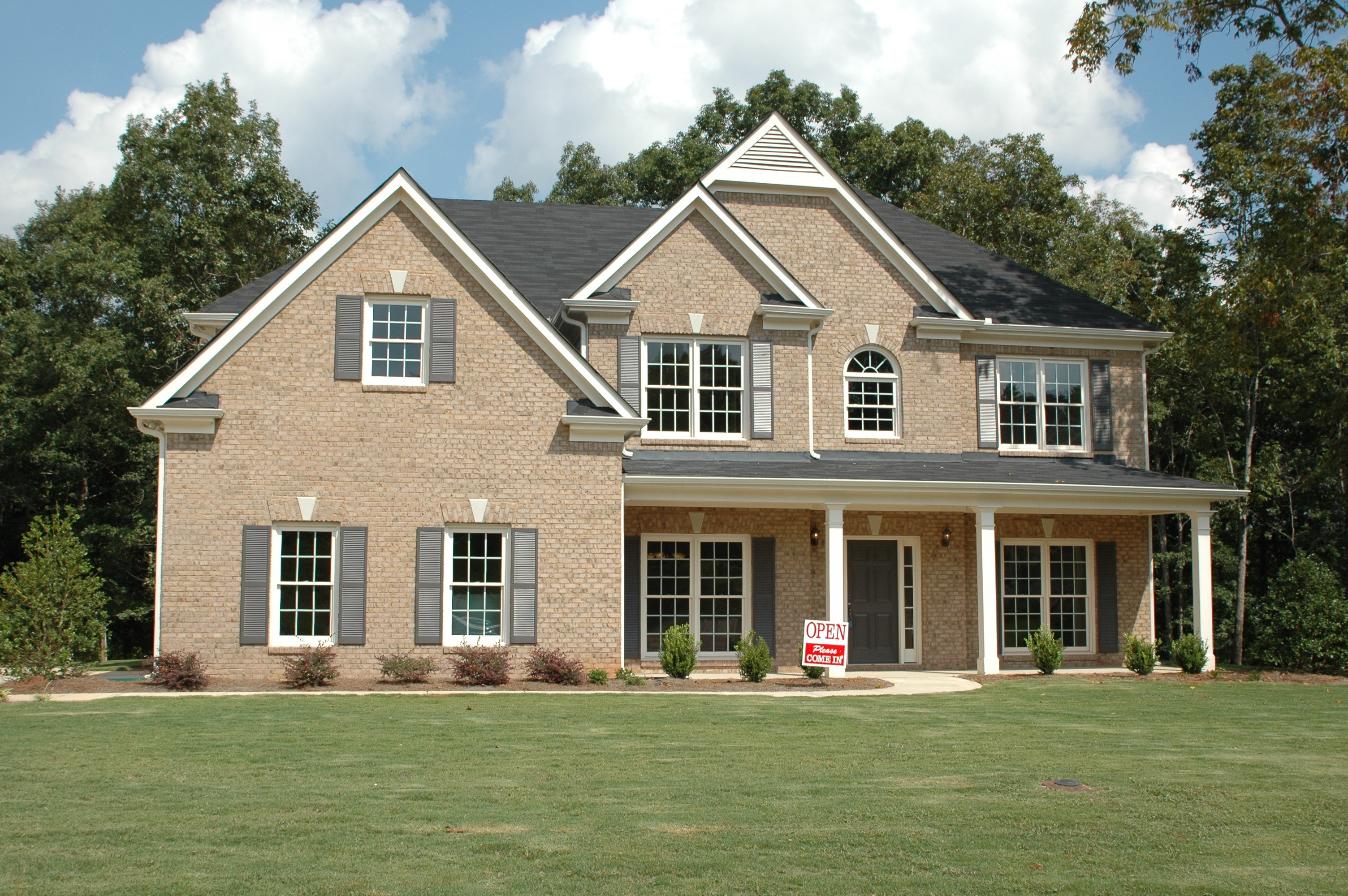Search-engine sleuthing is worth the effort to unearth the niceties — and perhaps negatives — when searching for your new home.
There’s probably not a day that goes by that you don’t Google something — the weather, a foreign phrase, directions, or news, just to name a few. With all the information Google can provide through its bird’s eye view, not Googling your address is practically a crime — especially when you’re searching for a new home (whether you’re house-hunting for a waterfront home in Fort Lauderdale, FL, or looking for a ranch house in Houston, TX). Here’s what you could find.
5 Reasons to Look Up the Address While House Hunting
1. Get a sense of the neighborhood using Google’s Street View
We can’t transport ourselves Star Trek–style to other places … yet, so the next best experience may be Google’s Street View, sort of a pre-virtual-reality experience. Simply type in an address, and if there’s an image of the property in the results, click on it. Other factors to note while on your Google stroll? Scope out yard size, proximity to neighbors, how many trees are on the property and the privacy provided by them, a view of the front of the home, a view of the neighbors’ homes (such as any nearby eyesores or hoarders), and the size of nearby roads. Don’t forget to use the aerial view while you’re at it because it might let you know the condition of the roof (but keep in mind the image could be old.)
A caveat: Google Street View can be outdated, so it’s possible you could be looking at the old news. The house you’re interested in might have been newly renovated, but you wouldn’t know that if the remodel happened after Google was there.
2. Map the proximity of the house to potential health hazards
The last thing anyone wants is to find out their dream home is located near a former meth lab or directly under a busy flight path. These aren’t just concerns for comfort; in unfortunate (and rare) cases, homes can be health hazards. When house hunting, be sure to search for whether or not that Los Angeles home for sale is in a safe area. The U.S. Drug Enforcement Administration maintains a database of homes that have been identified as drug labs, and some of these properties require intensive, expensive cleanup before they can be healthfully inhabited. Radon and industrial and airport zones are also pretty easily discoverable with a Google search and, in most states, via disclosures that most sellers will provide. (Some people find living near an airport or other noisy zone impacts their sleep, even if there is no chemical concern.)
Read more here:
